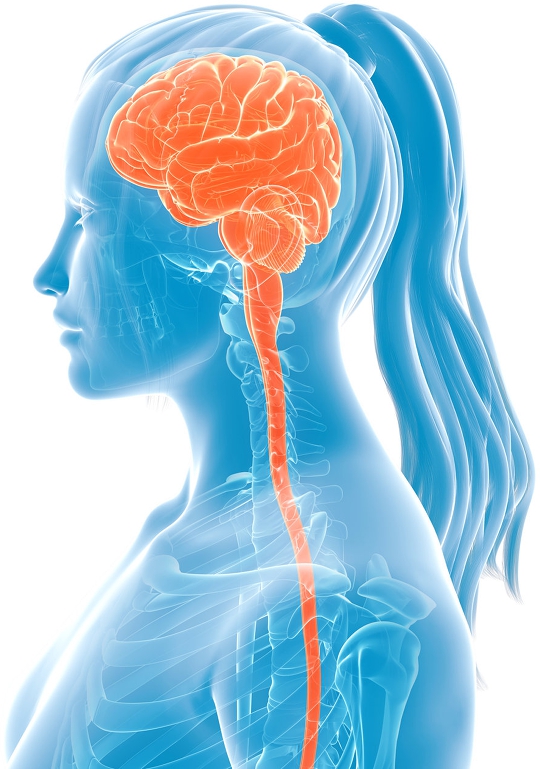Services
Specialties of our practice include the treatment of the following conditions:
- ALS/Lou Gehrig’s Disease
- Alzheimer’s Disease
- Carpal Tunnel Syndrome
- Charcot-Marie-Tooth Disease
- Guillain-Barre Syndrome
- Movement Disorder
- Multiple Sclerosis (MS)
- Multisystem Atrophy
- Myasthenia gravis
- Myopathies
- Parkinson’s Disease
- Stroke
- Tremor
Electrodiagnostic Studies
Electrodiagnostic studies are helpful in the evaluation of weakness, numbness, pain and symptoms such as fatigue, cramps, and abnormal sensation. They are an extension of the physical examination. You may perform normal activities like eating, driving, and exercising before and after the tests. There are no lasting side effects.
EMG
During an EMG, the physician inserts a fine needle into selected muscles to record the electrical activity. The Doctor is able to hear and see how the muscles and nerves are working by the way electrical signals are moving. Needle insertion may cause temporary mild discomfort. No shocks are given. The needles are discarded after use to prevent the transmission of AIDS, hepatitis, and other infections.
NCS
For Nerve Conduction Studies (NCS), small electrodes are taped on the skin and a brief electric stimulus is applied to one portion of the nerve. Nerve stimulation will cause a tingling sensation. The doctor or technologist may test several nerves during your study.
Deep Brain Stimulator
This works like a pacemaker of the brain and is a treatment for several movement disorders. CNN providers have special training in how to program the device to adjust the signal to control a variety of movements.
Vagal Nerve Stimulator
This device is used in epilepsy to help control seizures that do not respond to medications. CNN providers are able to adjust the device in order to tailor treatment to the individual needs of their clients.




